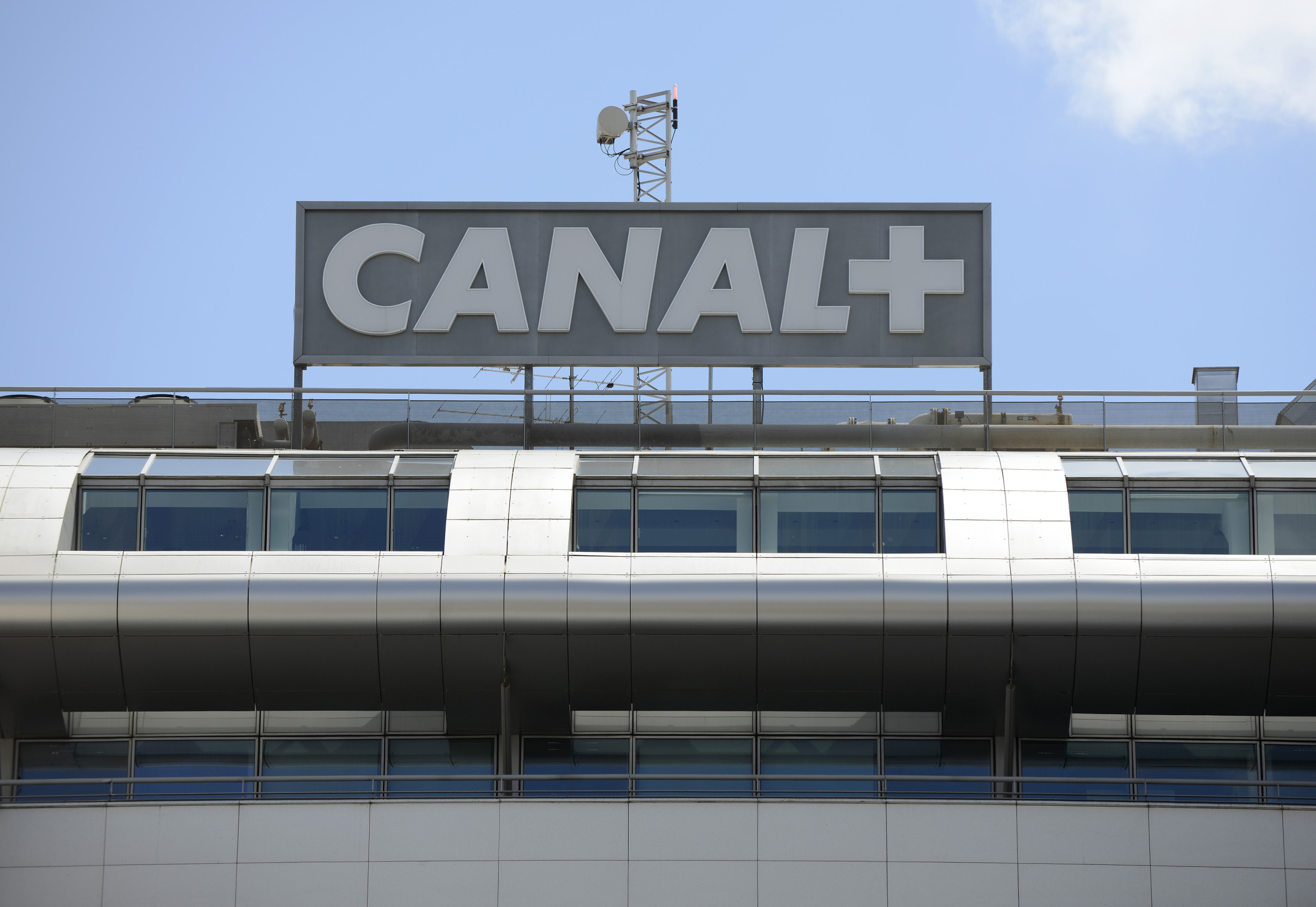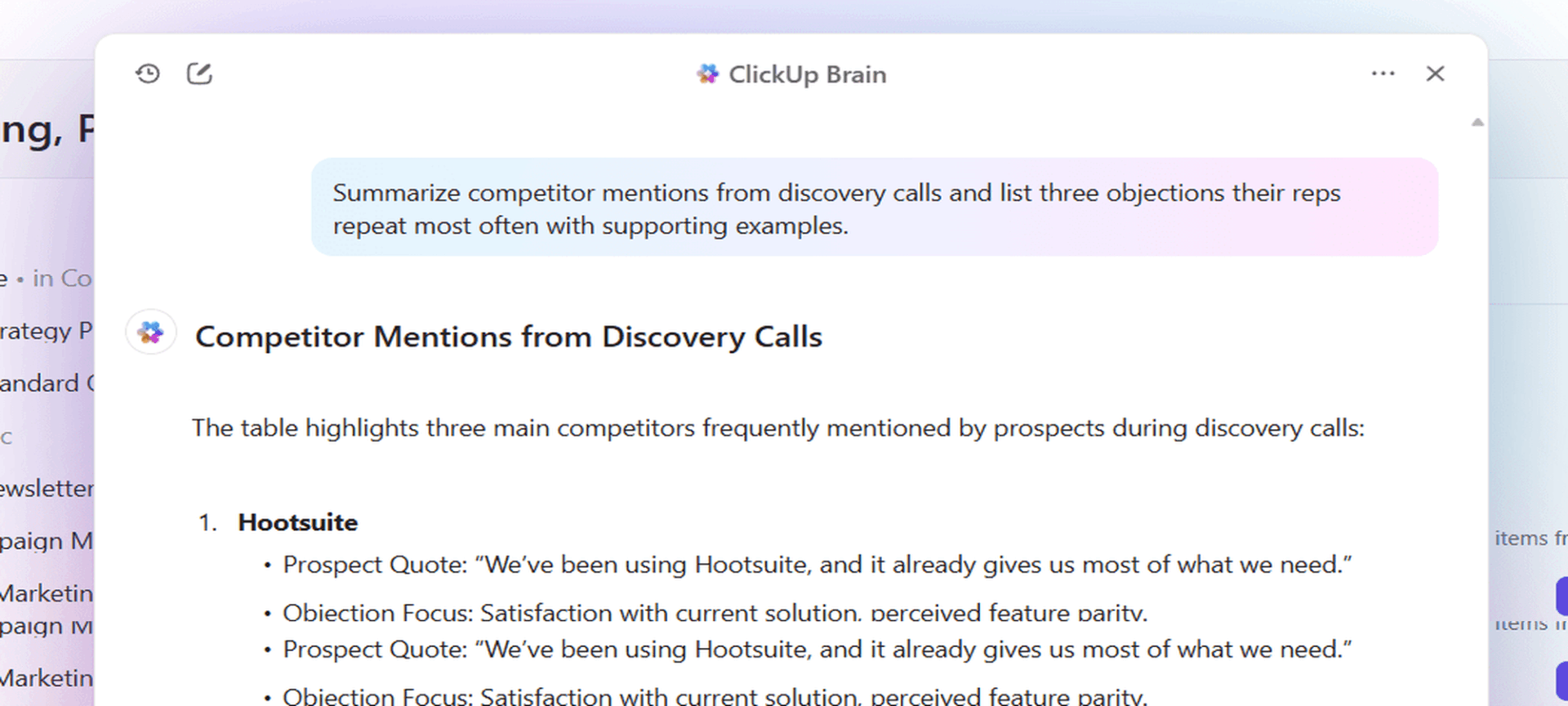Shortly after unveiling its Tier III data centre in Lagos, MTN Nigeria rolled out its Cloud Accelerator, a 12-week programme for African startups offering mentorship, investor access, cloud credits, and ₦5 million ($3,300) in grant funding.
Catch up: MTN recently completed the first phase of the Dabengwa Sifiso Data Centre in Ikeja. The facility is part of its broader push to reposition itself from a traditional telecom operator into a tech-first infrastructure company.
The Cloud Accelerator fits that ambition. For one, it puts MTN Nigeria in the conversation around startup ecosystem building—useful for future customer acquisition. It also makes a play at plugging the hole in local cloud infrastructure, where spend still largely flows overseas. For example, Jumia, the African e-commerce giant, spent $13.7 million (38% of its revenue) on cloud bills in Q1 2025.
Can MTN compete with AWS or Google Cloud? Not in raw horsepower. But with a local data centre, proximity to customers, regulatory alignment, and pricing that reflects local realities, it doesn’t have to. MTN’s edge is regional trust, bundling power, and a pre-existing enterprise client base.
There’s also a longer-term bet: if MTN helps startups grow by giving them infrastructure, mentorship, and cloud services early on, those startups might stick with MTN as they scale. Layering in full stack offerings from sister companies like Bayobab, which provides wholesale voice, SMS, roaming, APIs, and cloud-numbering, gives MTN Nigeria a shot at becoming deeply embedded in how African tech operates.








